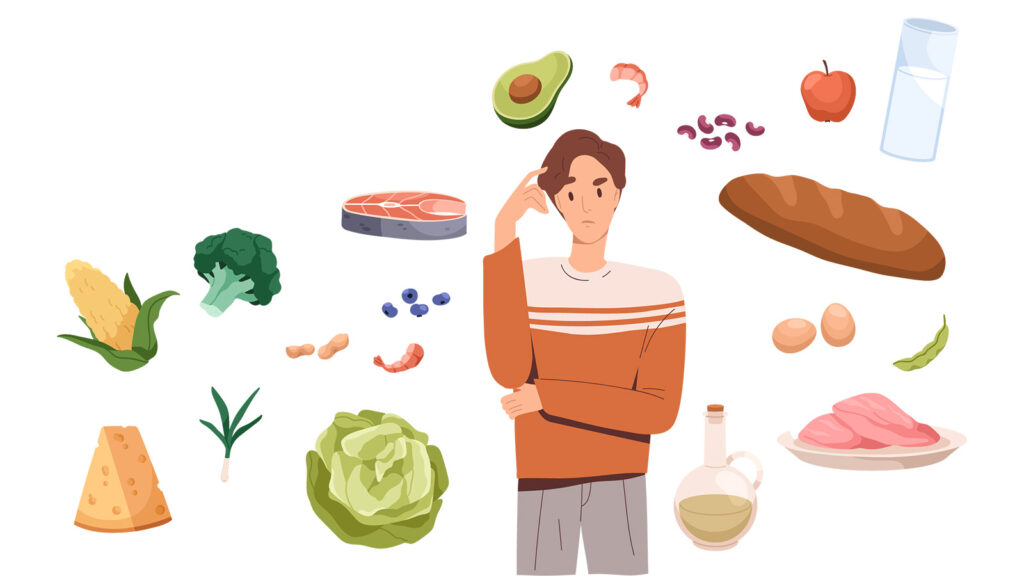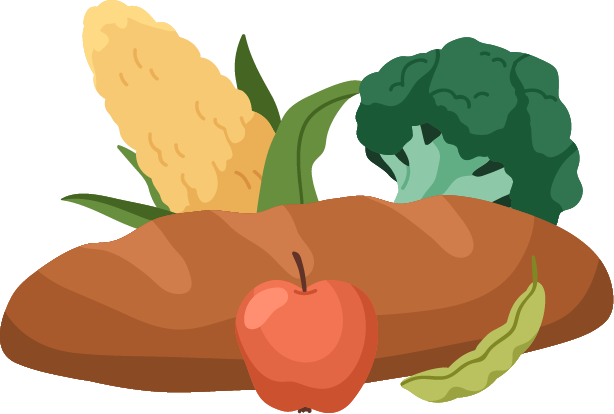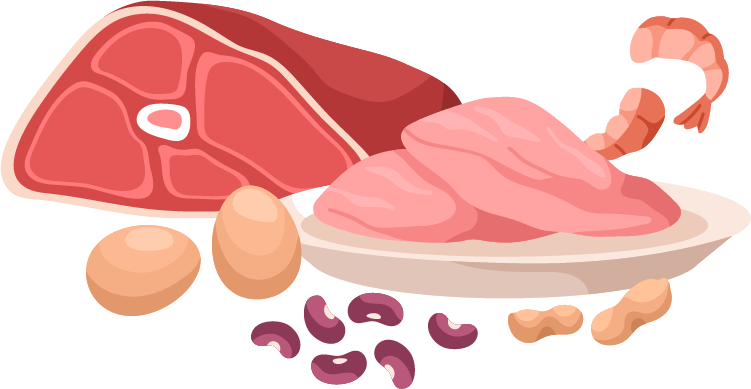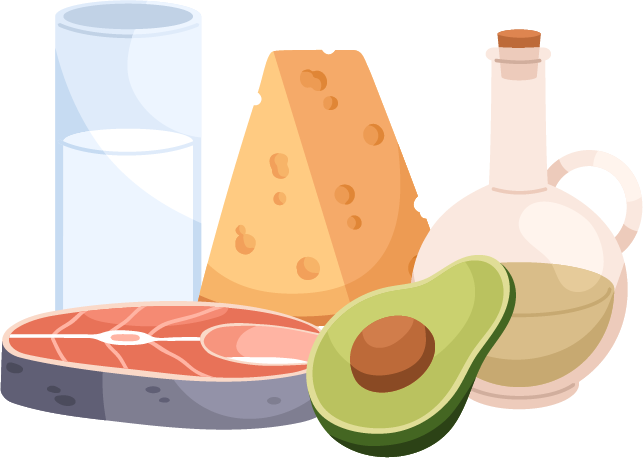
Well, the unofficial beginning of summer is here. Memorial Day weekend marked the beginning of the travel season, graduations, and summertime weddings. This is often when people get caught up in the need to diet, exercise to be ready for events. I have often said that in order to start or modify your journey, you need to diet, exercise or a combination of both. I have discussed various aspects of all things, but rarely have I taken a deeper look at the building blocks of what to eat: carbohydrates, protein and fat.
Having been a fitness enthusiast most of my life and a fitness and nutrition coach for the last few years, I have studied and researched a lot about diet and food. That said, some of what I want to discuss is more conjecture on my part, aside from citing calories of those previously mentioned building blocks of your diet (carbs, fat, protein). Remember, although I am a coach, I am not your coach and not a licensed medical professional. Prior to making changes to your diet and exercise regime, I implore you to consult with your doctor.
You must determine what your level of caloric consumption is in order to make changes. There are various apps, programs or YouTube influencers that have various methods for determining what your base caloric needs are. A rule of thumb for basic determination is take your weight and multiply by 10.
Carbohydrates

Carbohydrates are often considered the foundation of a good diet. Various nutrition experts and dieticians recommend that 40% of your diet be consumed as carbohydrates. Carbohydrates contain 4 calories per gram. I think that most Americans tend to underestimate the total amount of carbs they are taking in. Carbohydrates come in many forms, including starches (potatoes, bread) and to a lesser degree vegetables. This article will not delve into slow-release carbs versus fast-release carbs, but if you find yourself consuming meals that consist mostly of starchy foods, it may be time to take a look at your diet.
Protein

Proteins, like carbohydrates contain 4 calories per gram. I think that most Americans tend to overestimate the amount of protein they consume. Of course, sources rich in protein are mainly animal related (beef, poultry, pork or fish), some plant-related protein sources are beans (soy, kidney or black beans, etc.). Most dieticians would recommend a protein level of somewhere around 30% of your total needs. I follow a plan that equates to 1 gram of protein per pound of weight. For me that amounts to nearly 190 grams of protein per day. Then I build my diet from there.
Fat

Fat naturally contains more calories per gram (9 calories versus the 4 calories for carbs and proteins). While you may hear that fat is bad, fat is a necessity for healthy living and brain function. Of course, there are saturated and unsaturated fats. Again, I believe we tend to underestimate the amount of fat we consume. (Consider the fats in fast foods versus meals prepared at home, or full fat milk and cheese versus lower fat options.)
When it comes to your diet and your goals, you need to do an assessment of what you eat and then build a plan based on input from your doctor (medical or nutrition specialist). Making small incremental changes over time will result in the success you want.
As always you can seek additional guidance from health professionals, wellness coaches and trainers. Come back each month for more areas to examine. You can always reach out to me through email for ideas on how to create a goal.
As always, you can seek additional guidance from health professionals, wellness coaches and trainers. Come back each month for more areas to look at. You can always reach out through email (Ericray4470@gmail.com) for ideas on how to create a goal. I also invite topic ideas.






































































